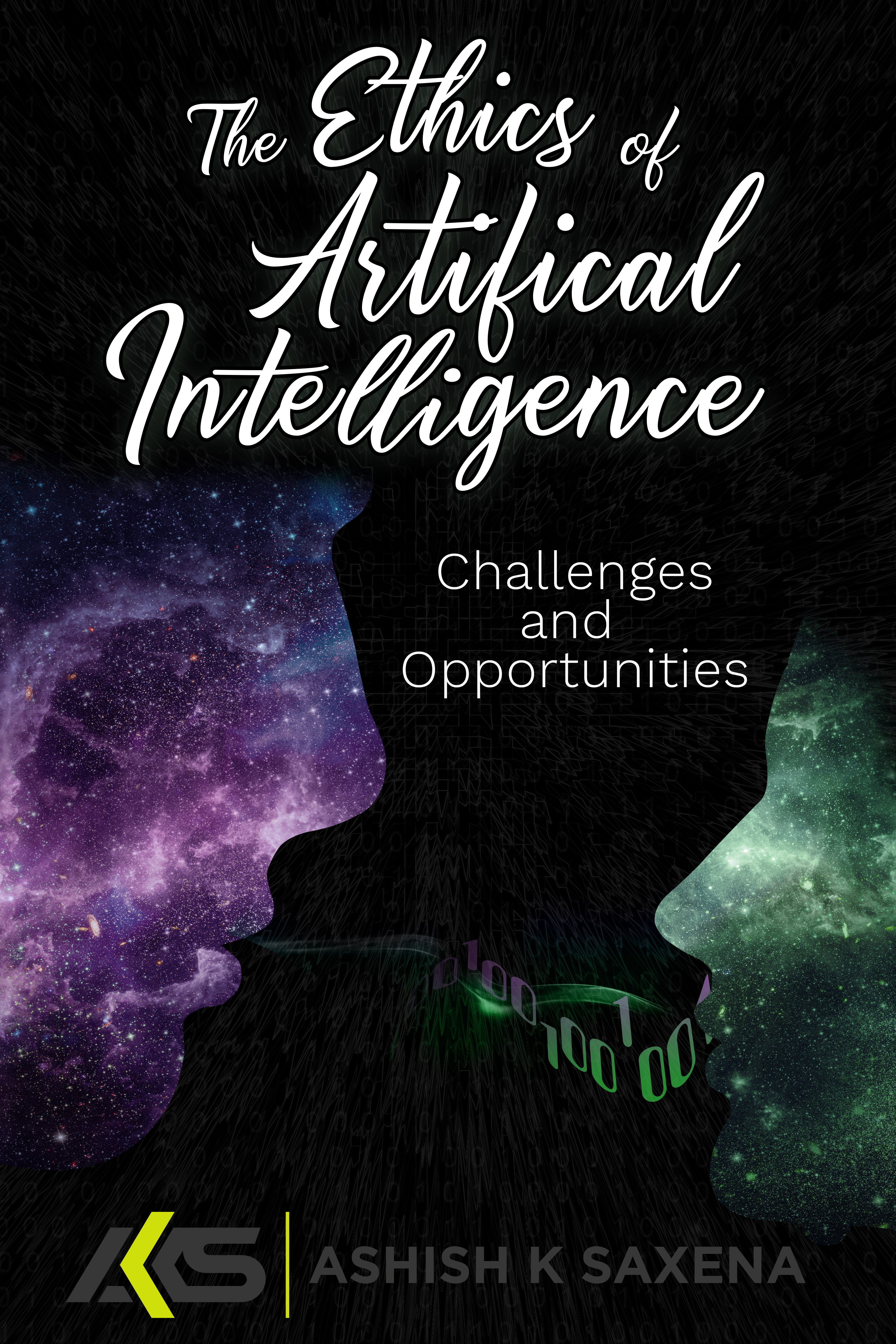
What would happen if AI took over—but it wasn’t designed to protect us?
What if these algorithms predetermined every aspect of human life—but failed to give everyone fair consideration?
What if these systems had access to all your private healthcare data—and there was a leak?
As artificial intelligence transforms the world, we must put ethics at the forefront of our priorities, ensuring that this powerful technology is developed and deployed responsibly.
Privacy, equal opportunity, implicit bias, and cybersecurity are some of the biggest concerns in today’s digital landscape—and the introduction of AI is complicating all these matters. We must adopt updated, strategic ethical guidelines to proactively address and prevent major issues that could impact millions.
This book not only overviews the history of AI ethics—from early theoretical discussions to modern frameworks—but provides a glimpse into the future of the field, explaining the principles proposed by key global organizations and thought leaders. It explores the most critical fields AI will impact and the potential issues that will arise from its implementation.
Most importantly, this guide lays forth a comprehensive, multidisciplinary framework for ensuring that future AI technologies protect users’ privacy, safety, opportunities, and security.